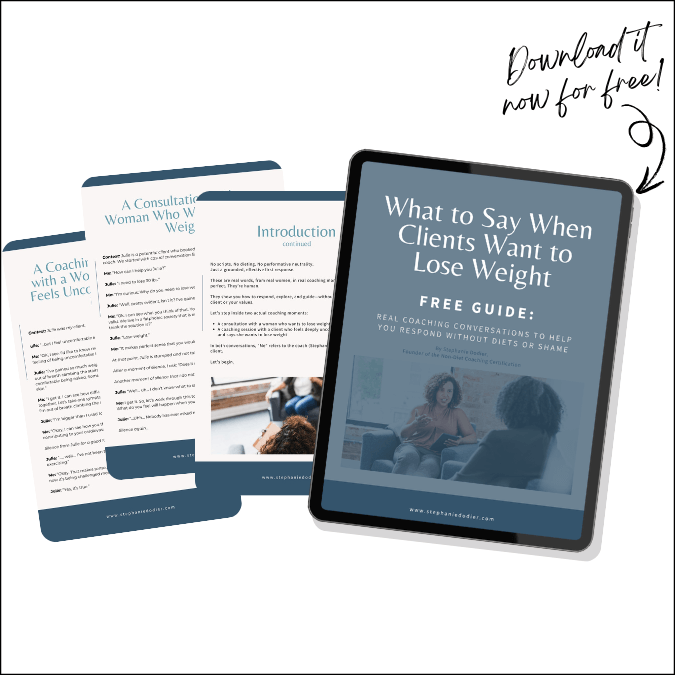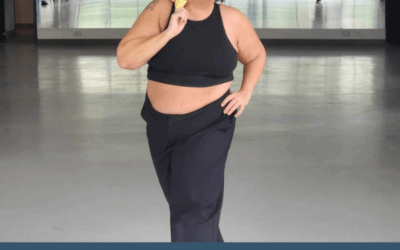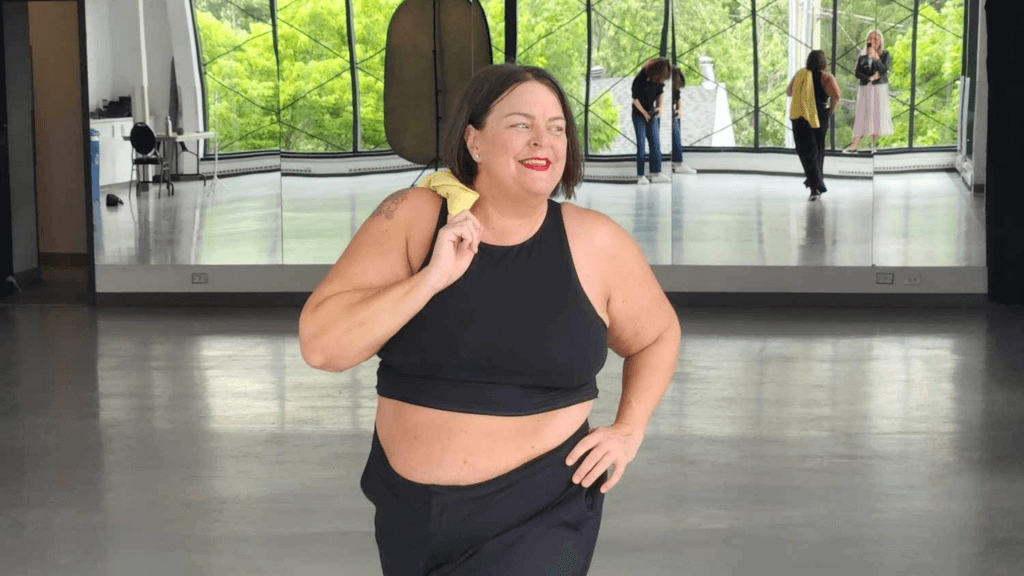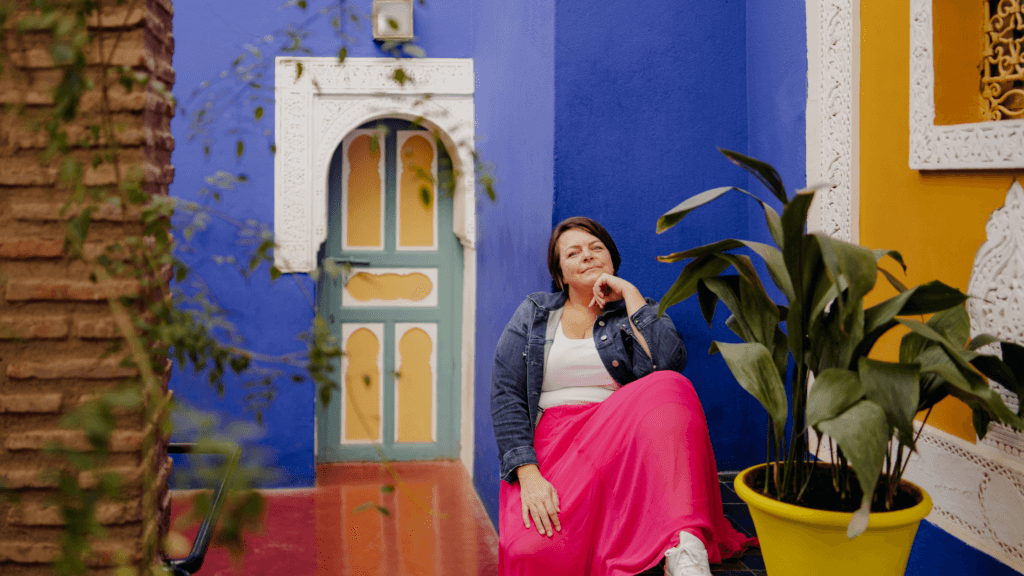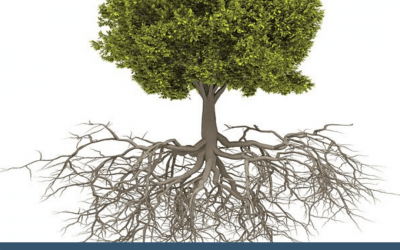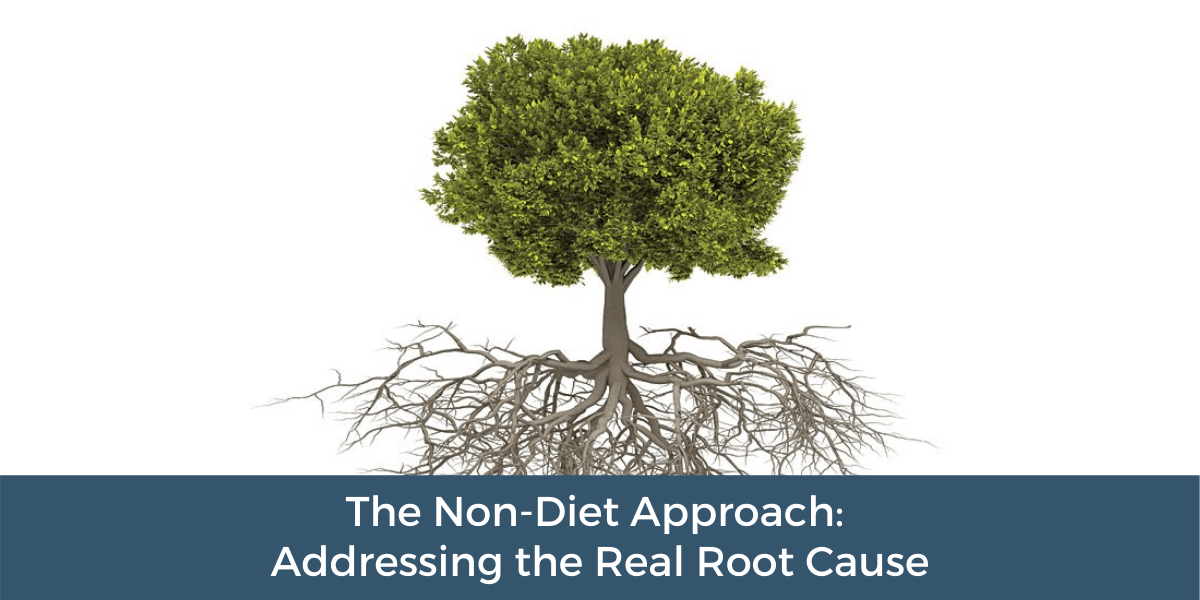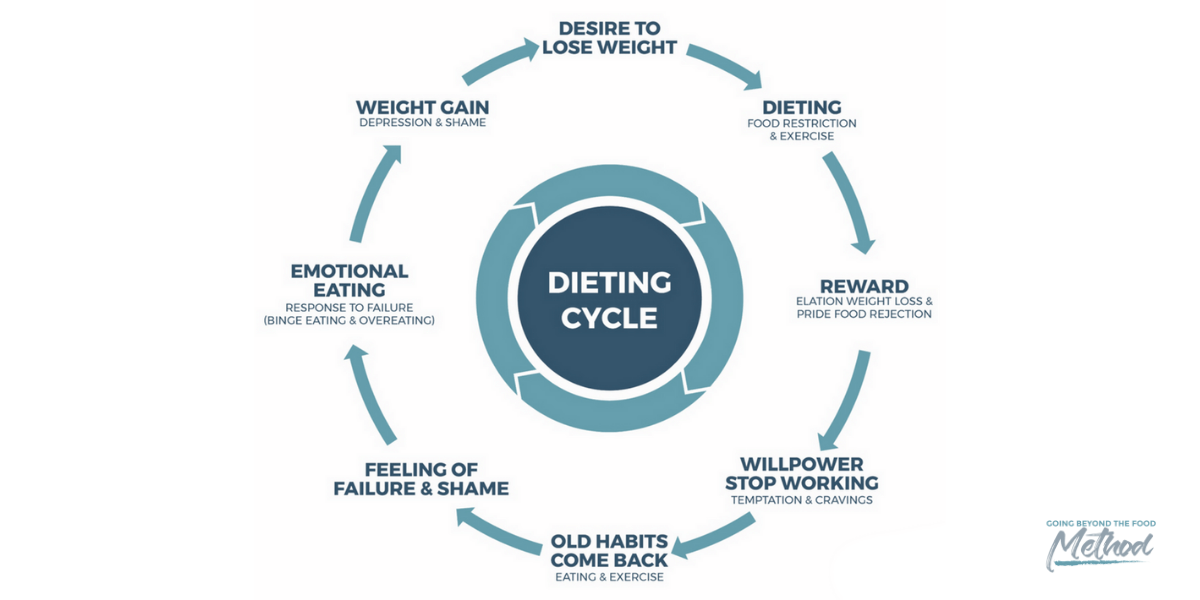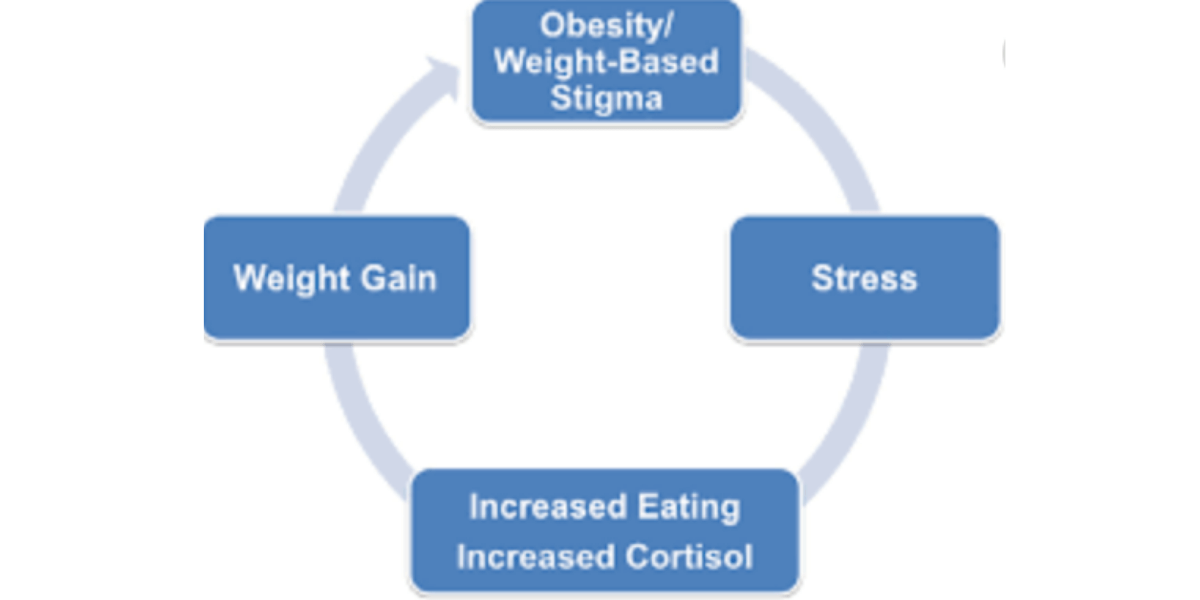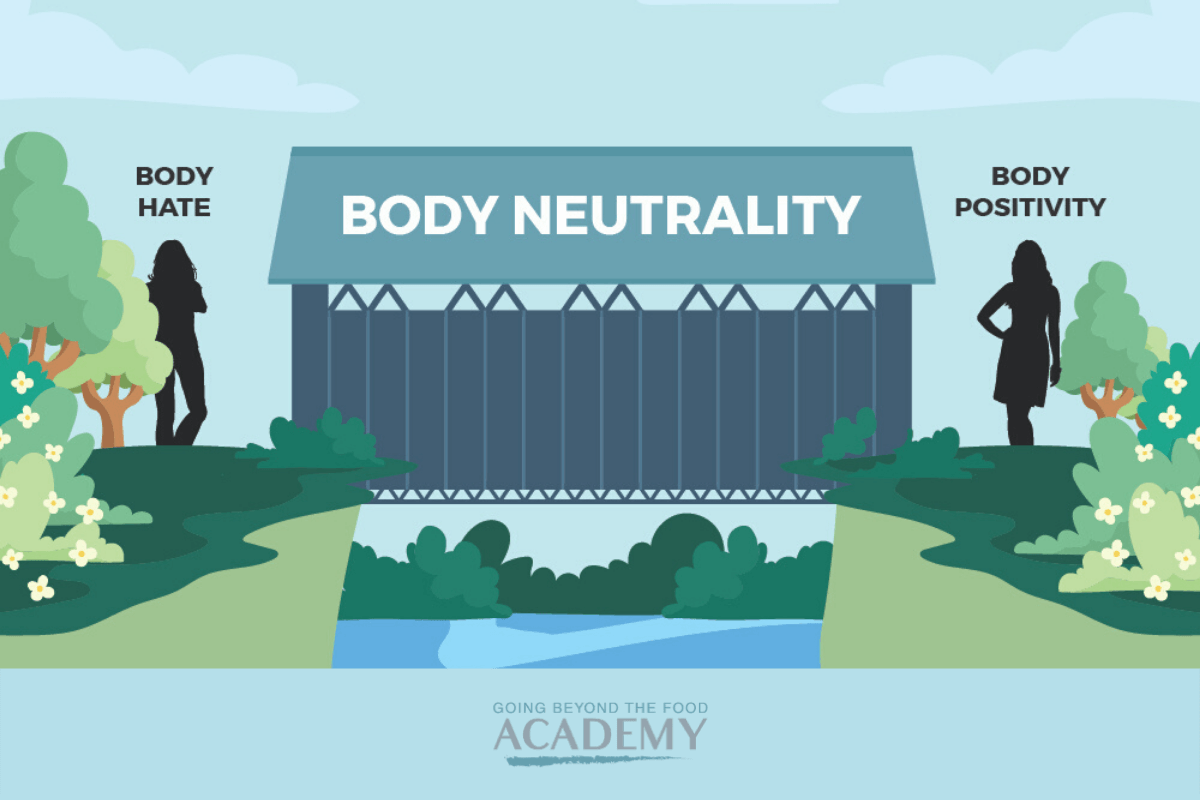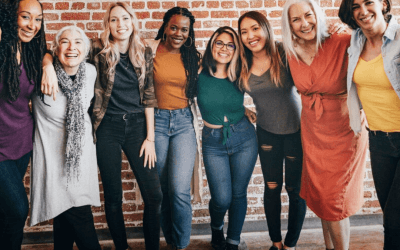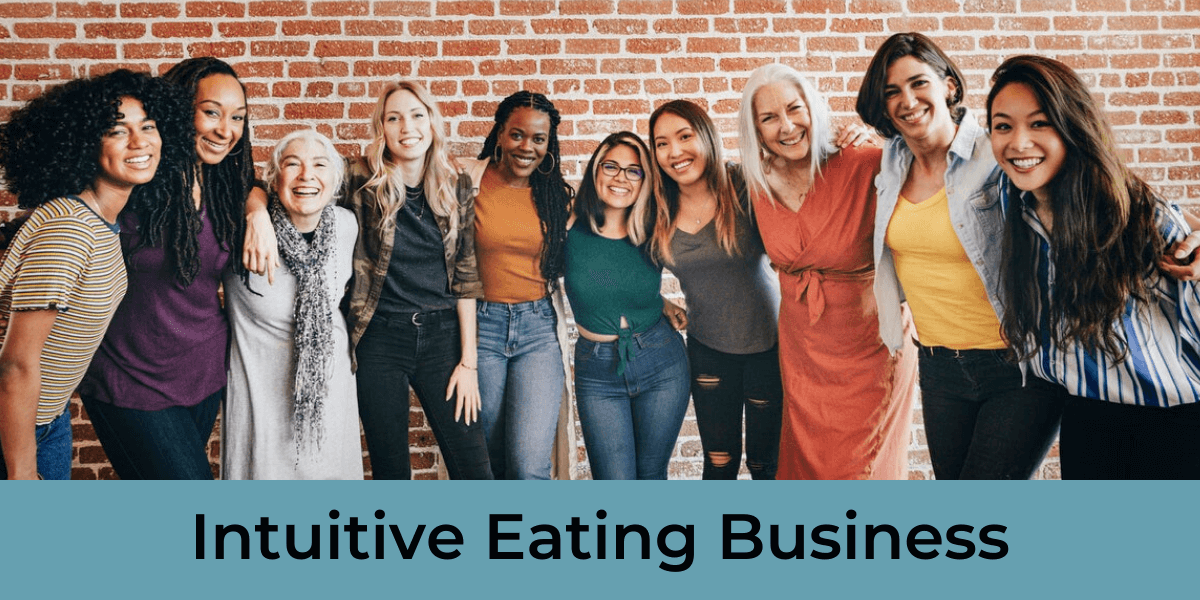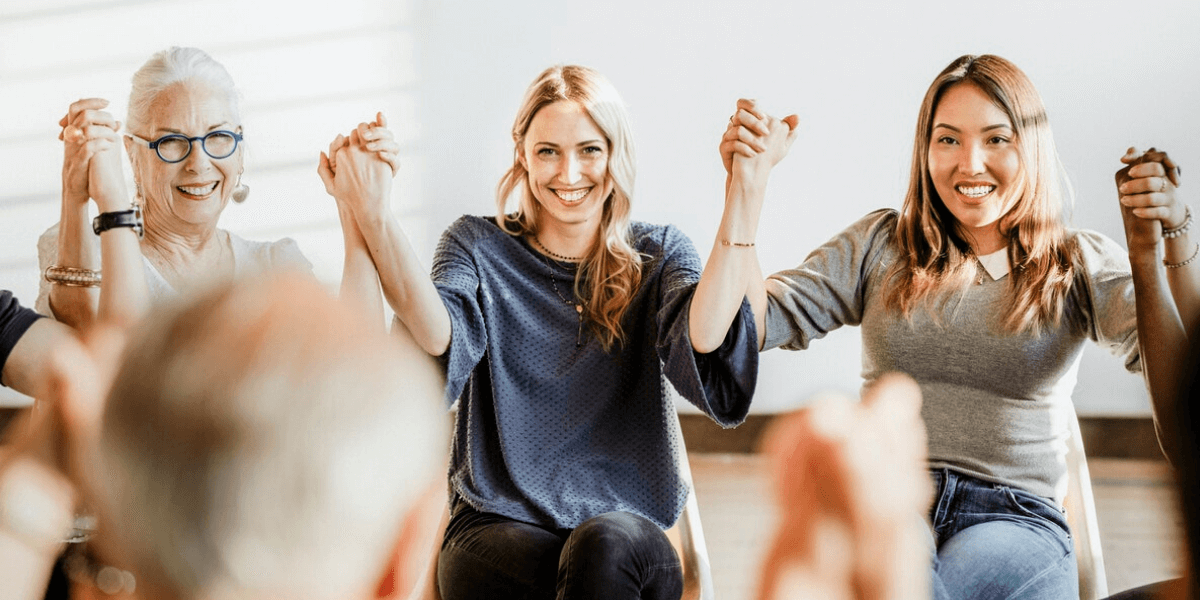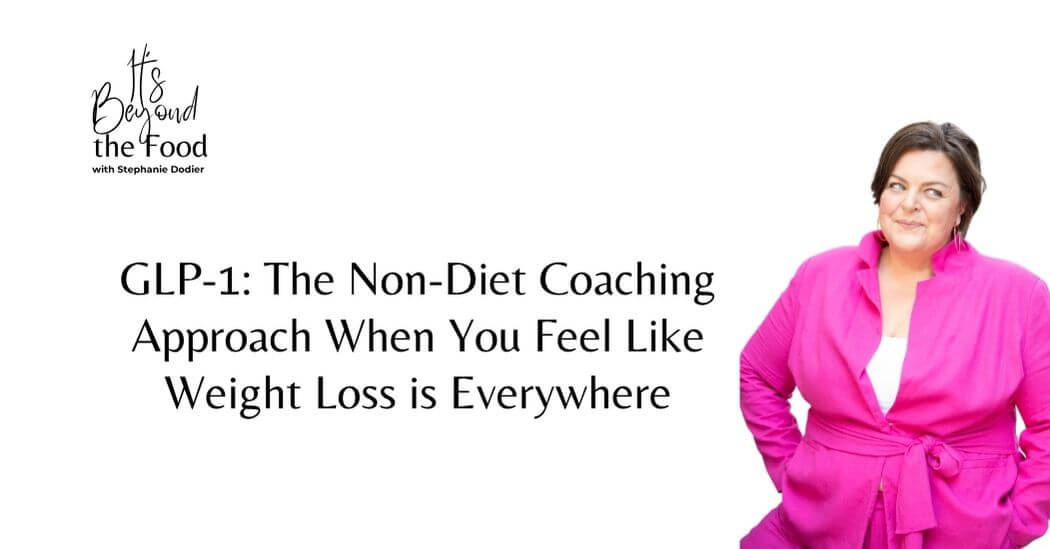

In today’s cultural climate, weight loss dominates nearly every health-related conversation. Whether it’s doctor recommendations, social media ads, or celebrity interviews, the pressure to shrink is ever-present. Now, with the soaring popularity of GLP-1 medications like Ozempic and Wegovy, that pressure has intensified.
For non-diet, weight-inclusive professionals, this can feel like an existential moment. Many are asking: How do I support my clients through this without abandoning my values? Can I remain weight-neutral while honoring someone’s interest in GLP-1s?
These questions mark a pivotal coaching evolution. Enter GLP-1 weight-neutral coaching—a framework that centers client autonomy, informed consent, and emotional safety.
The Moment We’re In
GLP-1 medications were originally developed to manage type 2 diabetes. However, when Wegovy received FDA approval for weight management in 2021, the conversation changed. These drugs began making headlines for their weight loss effects, prompting a rush of public interest.
Now in 2025, GLP-1s are everywhere. Many clients—even those who previously rejected diet culture—are reconsidering weight loss through a new, medicalized lens.
This shift is leaving many non-diet coaches feeling confused, silenced, or unsure how to respond. Some view it as a betrayal. Others retreat from the conversation altogether.
But avoidance isn’t neutral. Silence doesn’t serve your clients. And judgment won’t help them heal.
Rather listen to the audio version of this blog? We’ve got you…
What Is GLP-1 Weight-Neutral Coaching?
GLP-1 weight-neutral coaching provides an alternative path—one rooted in clarity, nuance, and respect. It rejects the binary of being “for” or “against” these medications. Instead, it offers tools to support clients in making truly autonomous health decisions.
This model is anchored in five key principles:
1. Anti-Oppression Lens
Coaching must recognize the social and systemic forces at play. Fatphobia, classism, and racism influence access to care and drive many people toward weight loss solutions. A weight-neutral coach works to resist these forces.
2. Bodily Autonomy
Every client has the right to make decisions about their body without coercion. Your role is not to approve or disapprove of their choice—it’s to create a safe space for exploration.
3. Intersectionality
Clients exist at the intersection of multiple identities. Race, gender, body size, disability, and financial status all shape their relationship to food and health. A GLP-1 conversation without acknowledging those realities is incomplete.
4. Collaboration
GLP-1 weight-neutral coaching is a shared process. Coaches don’t tell clients what to do. Instead, they co-create space for reflection, insight, and forward movement.
5. Cognitive-Behavioral Foundation
Instead of focusing solely on behavior (e.g., starting or stopping a drug), we examine the beliefs and emotions that drive it. What does the client hope to gain? What are they afraid will happen if they don’t lose weight?
The Coaching Opportunity Within the GLP-1 Conversation
Many coaches feel pressure to take a stance on GLP-1s. But that binary framing—approve or disapprove—misses the point. The real coaching opportunity lies in helping clients unpack the why.
What fear is driving the desire for weight loss? What past experiences are shaping their health choices today? What vision of wellness do they truly want to create?
Coaching questions that guide this inquiry may include:
“What are you hoping GLP-1 will solve for you?”
“If weight weren’t a factor, what would feeling good in your body look like?”
“Can we explore the possibility that you already know what you need?”
By helping clients move from fear into clarity, you offer them far more than a yes-or-no answer. You help them reclaim agency.
What the Research (Actually) Says
Most of the mainstream information about GLP-1s comes from pharmaceutical-funded studies. That means the data is often framed in ways that favor drug use.
Independent review shows:
Weight loss typically plateaus after one year of use.
Sustained weight loss requires continued medication use. Stopping often results in rebound weight gain.
74% of users report side effects, including nausea, diarrhea, and constipation.
Serious side effects—such as intestinal blockage or suicidal ideation—though rare, have been reported.
There is no unbiased long-term safety data for GLP-1s in general populations.
Cardiometabolic improvements appear to be linked to calorie restriction, not the drug alone.
Clients deserve access to this context. Tools like the patient-facing informed consent document created by Medical Students for Size Inclusivity can support this education process.
Coaching in Action: From Fear to Autonomy
Take the example of “Julie,” a 51-year-old woman recently diagnosed with prediabetes. Her doctor told her she had six months to “get it together,” or he’d prescribe GLP-1s. Terrified, she turned to coaching—not because she wanted a prescription, but because she didn’t want to become like her mother, who lives with chronic illness and limited mobility.
Julie’s fear wasn’t about vanity. It was about loss—of freedom, of identity, of life quality.
Through coaching, we unpacked her fear, discussed GLP-1 research, and explored weight-neutral health strategies. What emerged was a deeper understanding of her triggers, diet history, and emotional pain. Eventually, Julie chose a path of behavior change grounded in self-respect, not desperation.
This kind of transformation is only possible when coaching centers the person, not the medication.
The Business Side: Are You Reaching the Right Audience?
If your feed feels full of clients obsessed with GLP-1s, you may be speaking to people in the pre-contemplation or contemplation stages of behavior change. These individuals are still rooted in diet culture and may not be ready to explore weight-neutral frameworks.
Effective marketing for weight-neutral professionals speaks to people in the preparation or action stages—those who are curious, skeptical of the mainstream, and ready for something different.
This doesn’t mean you need to change your message. It means your messaging strategy might need refining.
GLP-1 as a Gateway, Not a Threat
GLP-1s are not the enemy. They are a gateway to deeper questions—questions about body trust, internalized beliefs, autonomy, and healing.
Your clients don’t need you to save them from GLP-1s. They need you to hold space for complexity, fear, and agency. They need you to help them find their voice again in a system that tells them they don’t know what’s best for their body.
That’s what GLP-1 weight-neutral coaching makes possible.
Final Thoughts
We are in a pivotal moment—one where weight loss is being rebranded as medicine, and autonomy is increasingly hard to hold. As coaches, we are uniquely positioned to resist coercion and champion client sovereignty.
GLP-1 weight-neutral coaching is not just a skill set. It’s a liberatory stance. It’s how we show up for our clients, for ourselves, and for the future of inclusive care.
If you’re ready to coach with nuance, courage, and clarity, this approach is for you.
Need Help with Weight-Neutral Coaching?
You can access all of our services on our work with us page. We have a number of programs and service levels enabling us to serve most women:
Free Resources and Masterclasses: Get started and get to know us better!
Private coaching with Stephanie and her team Stephanie and her team of Certified Non-Diet Coaches are waiting to support you in a one-to-one setting with an individualized plan.
Non-Diet Coaching Certification for professionals ready to integrate the Going Beyond The Food Method™️ in their practice and for women wanting to become a Certified Coach and build a business coaching other women beyond the food.


